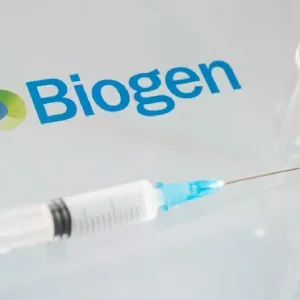US WorldMeds (USWM) has received the US Food and Drug Administration (FDA) approval for Iwilfin (eflornithine) 192mg tablets to treat children with high-risk neuroblastoma.
Iwilfin is an oral maintenance therapy to fight this aggressive childhood cancer.
It is recommended to lower the chance of relapse in adult and paediatric patients who have shown at least a partial response to previous multiagent, multimodality therapy, including anti-GD2 immunotherapy.
The approval is based on the results of a multi-site, single-arm, externally controlled trial that evaluated children with high-risk neuroblastoma who were administered oral maintenance therapy after receiving standard-of-care treatment, including immunotherapy.
According to the results, adding Iwilfin enhanced overall survival (OS) and event-free survival (EFS) in patients.
Four years after immunotherapy, 84% of patients treated with Iwilfin had an EFS, compared to 73% of patients in the external control group.
Additionally, 96% of patients treated with Iwilfin were still alive, whereas 84% of patients in the external control group were not.
USWM said that this translated into a 68% decrease in the chance of dying and a 52% decrease in the chance of relapsing.
As per further studies conducted to validate the externally controlled research design outcomes, the risk reduction for relapses ranged from 57% to 41%, and the risk reduction for deaths ranged from 71% to 55%.
The therapy was generally well tolerated, with side effects typically manageable through dose adjustments.
US WorldMeds CEO Breck Jones said: “We are thrilled to announce the FDA approval of Iwilfin, which provides a new and much-needed treatment option for children with high-risk neuroblastoma.
“The goal for treating these young patients is to prevent relapse, and advancing therapeutic options is critical to this mission. Iwilfin offers new hope and improved outcomes for these vulnerable children.”
USWM collaborated with Penn State University’s Beat Childhood Cancer Research Consortium, which carried out the preclinical and clinical research to advance this treatment further.






